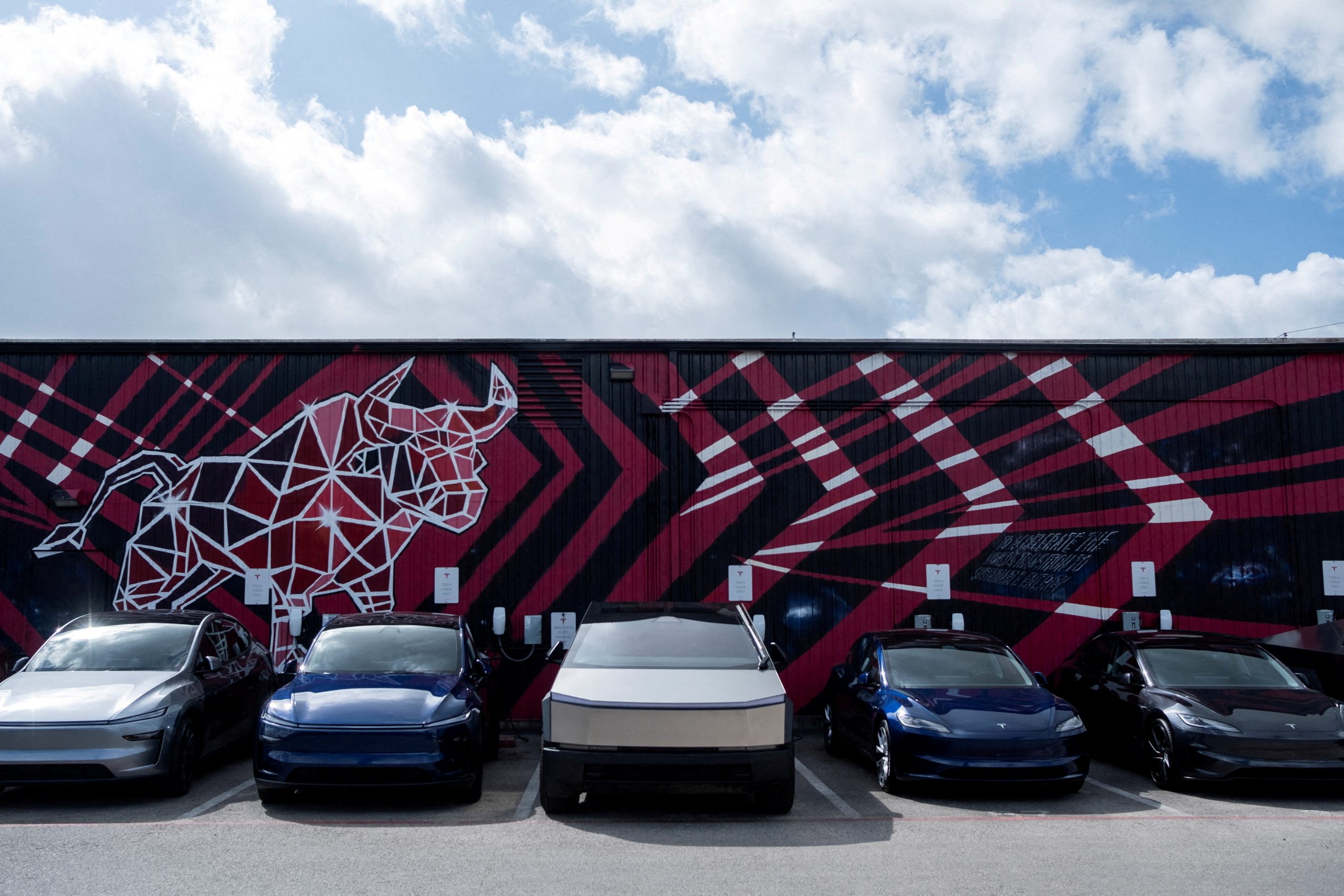
Regulators say “innovation cannot override consumer protection”
The California Department of Insurance (CDI) has launched enforcement action against Tesla Insurance Services, Inc., citing repeated consumer complaints, delayed claim payments, and improper claim denials.
The agency, which oversees insurance regulation and policy in the state, announced on Oct. 3 that it had opened a formal investigation into the company. The move marks one of the most significant state-level actions yet against a technology-driven insurance provider operated directly by an automaker.
According to the CDI, Tesla Insurance “repeatedly failed to honor commitments to improve operations and placed profits over people,” despite receiving hundreds of consumer complaints. Regulators said the company had engaged in multiple violations, including delayed payouts, improper denials, poor investigations, and failures to notify consumers of their rights.
Officials said the conduct amounted not to “administrative oversight,” but to a systematic attempt to bypass consumer protection requirements.
The department warned that Tesla could face civil penalties of up to $10,000 per violation and possible license suspension if corrective actions are not taken.
The dark side of “data-driven” insurance
Tesla Insurance was launched in 2019 by CEO Elon Musk as an “innovative insurance model” leveraging real-time driving data from Tesla vehicles.
By analyzing driving behavior—such as speed, acceleration, and braking—the company promised lower premiums for safe drivers.
However, critics argue that while the model emphasizes efficiency, it overlooks the core principles of the insurance business: fair claims processing and loss coverage.
Industry experts say Tesla’s model creates an inherent conflict of interest between its roles as a car manufacturer and an insurer.
“If a crash reveals a potential defect in Tesla’s vehicle, the company as the insurer has an incentive to minimize that finding or delay compensation,” one regulatory analyst said. “That’s an unavoidable structural problem.”
Regulators view the current enforcement action as a warning signal that such conflicts have now translated into real consumer harm.
Broader implications for InsurTech
In a statement, the CDI emphasized that “technological innovation cannot replace consumer protection” and warned that “innovation models designed to evade legal responsibility will not be tolerated.”
The case could have far-reaching consequences for the broader InsurTech industry, particularly startups using AI and big data to assess risk and price premiums.
“This shows that Big Tech firms must now operate squarely within the boundaries of financial regulation,” said a California-based financial attorney.
Tesla and its underwriting partner, State National Insurance Company, have 15 days to formally respond to the CDI. Legal proceedings are possible if the company fails to address regulatory concerns.
Tesla said it is “cooperating with regulators to improve its insurance processes” and is preparing a legal response.
While the enforcement action could disrupt Tesla’s insurance operations in the short term, analysts say it may also prompt broader regulatory reform in the emerging auto-manufacturer-backed insurance market.
At the federal level, financial regulators such as the Consumer Financial Protection Bureau (CFPB) are also expected to step up oversight of data-driven insurance and financial technology platforms.
![Troublesome delivery robots damage gardens, snarl streets Delivery robots in urban areas including LA Koreatown and Hollywood have been involved in a string of incidents, blocking fire engine responses, crossing police lines at active scenes, and colliding with homes and motorcycles. [KTLA • Reddit capture]](https://www.koreadailyus.com/wp-content/uploads/2026/02/0226-delivery-robot-compile-100x70.jpg)
![Nonprofit leaders accused of diverting millions meant for the vulnerable Judy Baca, who faces allegations of embezzling $5 million, participates in work on “The Great Wall of Los Angeles” mural in 2023. [Sangjin Kim, The Korea Daily]](https://www.koreadailyus.com/wp-content/uploads/2026/02/0226-nonprofit-1-100x70.jpg)
![Family of army veteran killed in San Antonio shooting launches fundraiser A screenshot of the GoFundMe fundraising page created for Kyung Chang Lee. Donations are being collected to support the family of Lee, who was killed in the San Antonio, Texas, shooting. [GoFundMe capture]](https://www.koreadailyus.com/wp-content/uploads/2026/02/0225-KyungChangLee-100x70.jpg)
![Cartel leader’s killing sparks unrest, prompts Koreans to reconsider Mexico trips Downtown Guadalajara in Mexico’s state of Jalisco, which resembled a war zone on February 22 amid arson and other violence by drug cartel members, appears quiet on February 24. The area, usually crowded with tourists and residents, saw a sharp decline in foot traffic and public transportation use. [Pablo Lemus Navarro/X account]](https://www.koreadailyus.com/wp-content/uploads/2026/02/0225-Mexico-100x70.jpg)